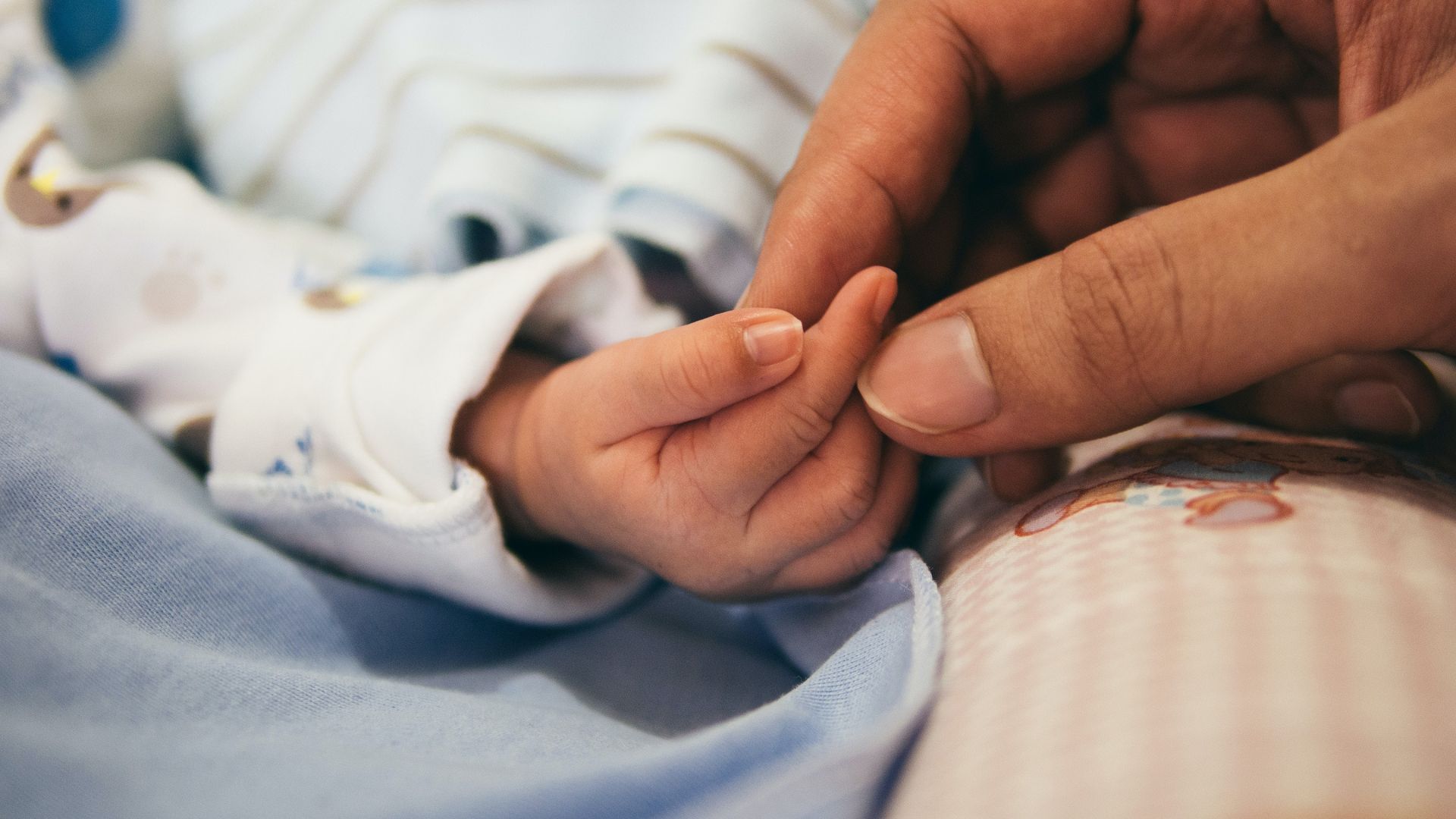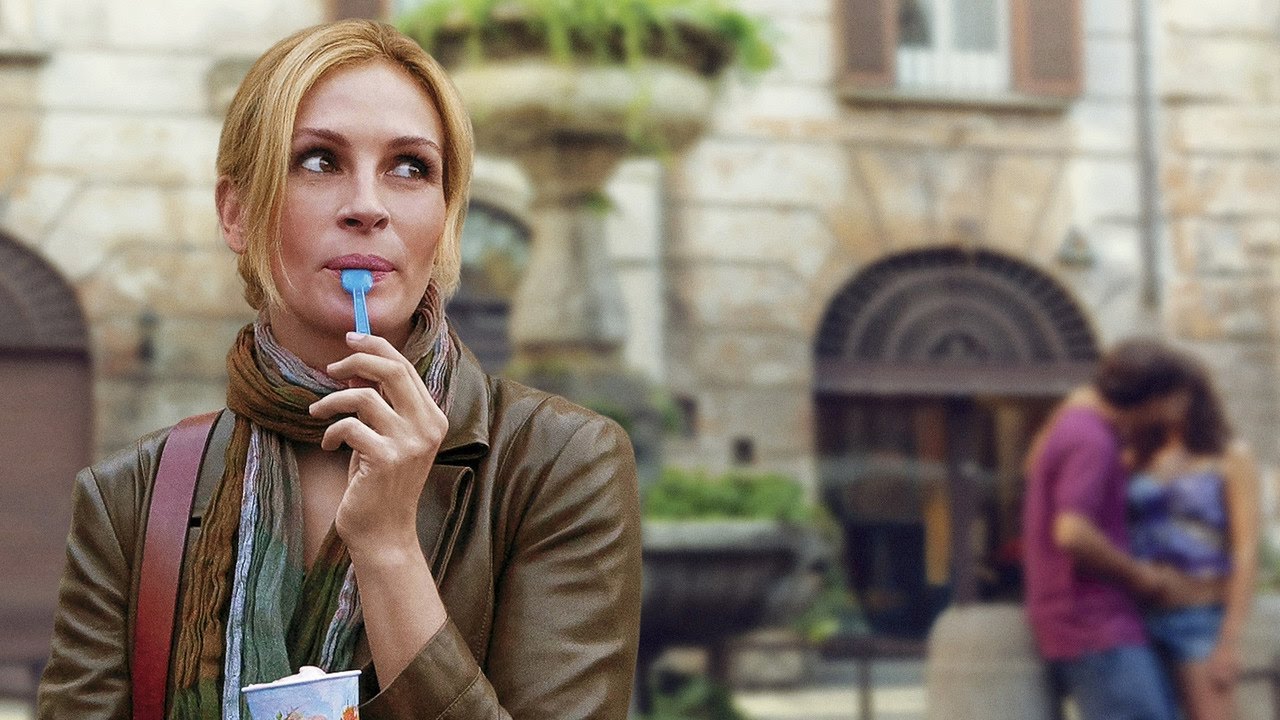Babies swapped at birth don’t just happen in movies. And in real life, it’s not funny. A popular maternity hospital in Sofia, the Bulgarian capital, is currently facing an unprecedented scandal. in question ? The — involuntary — exchange of two newborns at birth. This “misadventure” is one of the consequences of an archaic birth system that systematically separates mothers from their children after birth.
Truly, life is not a long, calm river
The parents of a newborn born in September decided to have him tested for DNA, amazed by the lack of physical resemblance to the rest of the family. The result confirmed their doubts: the child was not theirs. During her stay in the maternity ward, their newborn was switched with that of another family. The relationship with fiction ends here, as this dramatic mistake was made unintentionally.
The two children will remain with their legal families until the end of the investigation, but the outcome promises to be long. The justice must take into account complex factors such as the marital status of the parents or their eventual contestation of the birth certificate. The mother who subjected her son to a DNA test has not spoken publicly, but the second of hers has already announced her refusal to separate from her little one who lives with her. Exchanging children again, once they have lived and become attached to their current families, is neither simple nor obvious. Like raising a child you love, but knowing there’s another one out there who carries your genes.
Dysfunctions and patriarchy of Bulgarian motherhood
Fortunately, this type of disaster is extremely rare. The hospital director concerned assures that he has never come across this case in his 30-year career. However, this unprecedented exchange illustrates the flaws of a patriarchal birth system inherited from the former communist regime. In Bulgarian maternity hospitals, children are entrusted to the nursery from birth, without benefiting from previous skin-to-skin contact with their parents. Fathers are traditionally barred from delivery rooms and have to pay if they wish to participate.
During the separation, the mothers’ bracelets would be reversed, thus assigning them the wrong child. The establishment deplores a series of malfunctions and the person or persons responsible for this exchange could be sentenced to two years in prison.
The situation remains exceptional, but is no less unacceptable and draws attention to this systematic separation of mothers and their children at birth. While such practices generally do not lead to the exchange of children, the benefits of proximity from the earliest moments of life are well established.
Source: Madmoizelle
Elizabeth Cabrera is an author and journalist who writes for The Fashion Vibes. With a talent for staying up-to-date on the latest news and trends, Elizabeth is dedicated to delivering informative and engaging articles that keep readers informed on the latest developments.





